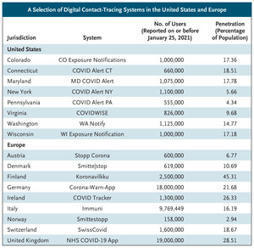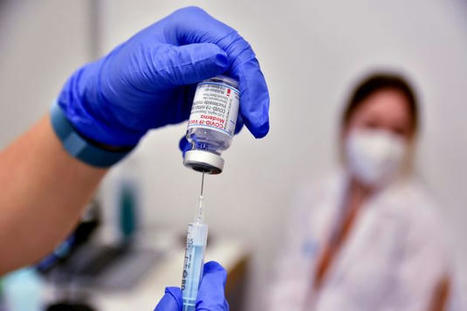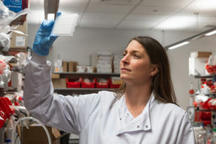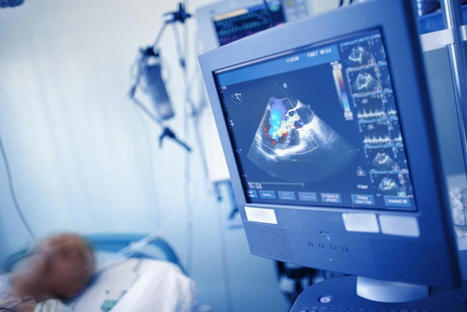Pharmageek
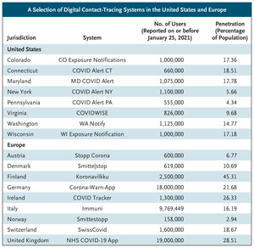
Contact Tracing for Covid-19 Automation using geolocation tracking allowed South Korea to trace contacts of people infected with SARS-CoV-2 reaching back to 14 days before symptom onset o
Lire l'article complet sur : www.nejm.org
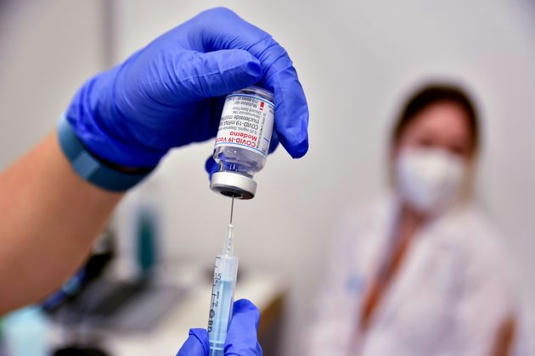
La biotech Moderna a été construite sur l'IA, ce qui lui a permis d'accélérer chaque étape du processus nécessaire pour développer son vaccin contre la Covid-19. Une méthode que le labo entend poursuivre pour traiter d'autres maux.
Lire l'article complet sur : www.zdnet.fr
L’université d’Oxford et Oracle développent une plateforme d’identification des variants du Covid-19
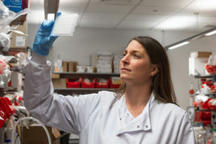
L'université d'Oxford fait appel au cloud d'Oracle pour développer un outil d'analyse et de détection des variants du SARS-CoV-2. L'objectif est de pouvoir rapidement les identifier et comprendre leurs impacts sur les vaccins existants. Une fois finalisée, cette plateforme sera mise à la disposition des chercheurs et des ONG gratuitement.
Lire l'article complet sur : www.usine-digitale.fr
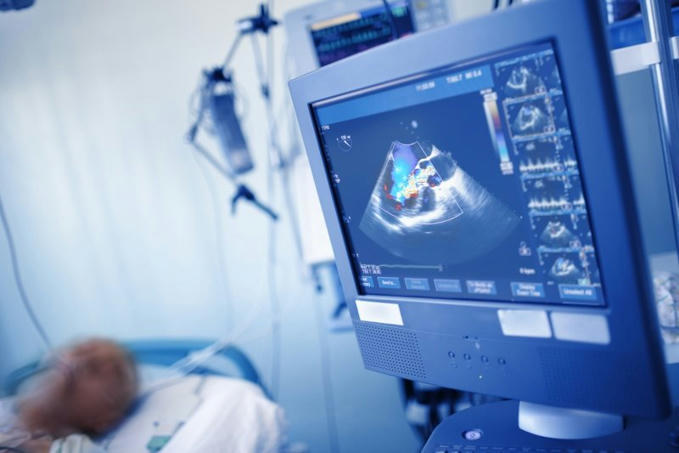
It’s been a running pitch for years that artificial intelligence could help deliver more accurate and more consistent healthcare outcomes, especially in diagnoses that may rely on a subjective eye. But the COVID-19 pandemic offered a chance for trial by fire.
And in this case, at least, the machine wins.
In a human vs. AI study, researchers found that the technology was much more effective at predicting which coronavirus patients would suffer severe complications and face a higher risk of dying, based on analyses of cardiac ultrasound exams.
By parsing recorded videos of echocardiograms, algorithms developed by the Oxford University spinout Ultromics were able to assess the beating heart muscle and spot signs of damage caused by COVID-19—linked to higher mortality rates both inside the hospital and in the months following treatment.
Lire l'article complet sur : www.fiercebiotech.com


